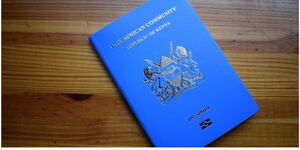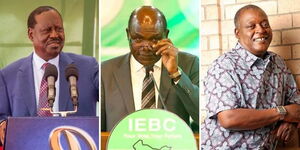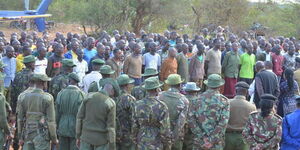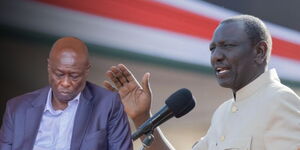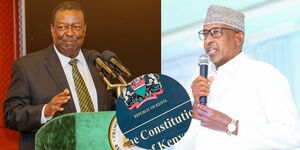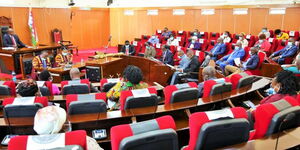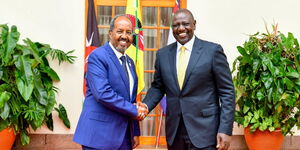The Supreme Court on Friday allowed an appeal by the Director of Public Prosecutions (DPP) challenging the acquittal of two Iranian nationals facing terror charges.
By a majority decision of four, Chief Justice David Maraga, Justices Jackton Ojwang, Njoki Ndung’u and Isaac Lenaola agreed with the prosecution's submissions that the evidence presented was strong.
Justices Smokin Wanjala and Mohammed Ibrahim dissented.
In 2012, the Iranians, Ahmad Mohammed and Sayeed Mousavi were found in possession of 15 kilograms of cyclotrimethyle trinitramine, a lethal chemical used to assemble explosives.
The duo was later convicted of three terrorism-related charges by a magistrate, a ruling which was later upheld by a high court. They were, however, acquitted at the Court of Appeal on grounds of no evidence.
The DPP escalated the case to the Supreme Court, where in 2018, the judges allowed the application arguing that the acquittal would undermine investigations in such cases in future.
The Justices held that the case was a test on national security.
“Consequently, we order that pending the filing, hearing and final determination of the applicant’s intended appeal, the respondents’ acquittal by the Court of Appeal is, hereby, stayed and the respondents shall be held in police custody,” the Maraga-led bench ruled.
In February, Iranian ambassador to Kenya, Hadi Farajvand, found himself where he was forced to address allegations that he was attempting to seek the release of Iranian terror suspects via illegal means.
He clarified that he tried to get them freed using legal means.
Farajvand accused a Wesley Kiptanui Kipkemoi and Shemgrant Agyei of trying to extort him under the guise of being high ranking Interior ministry officials who claimed to be capable of securing the release of the Iranian nationals, at a fee.



